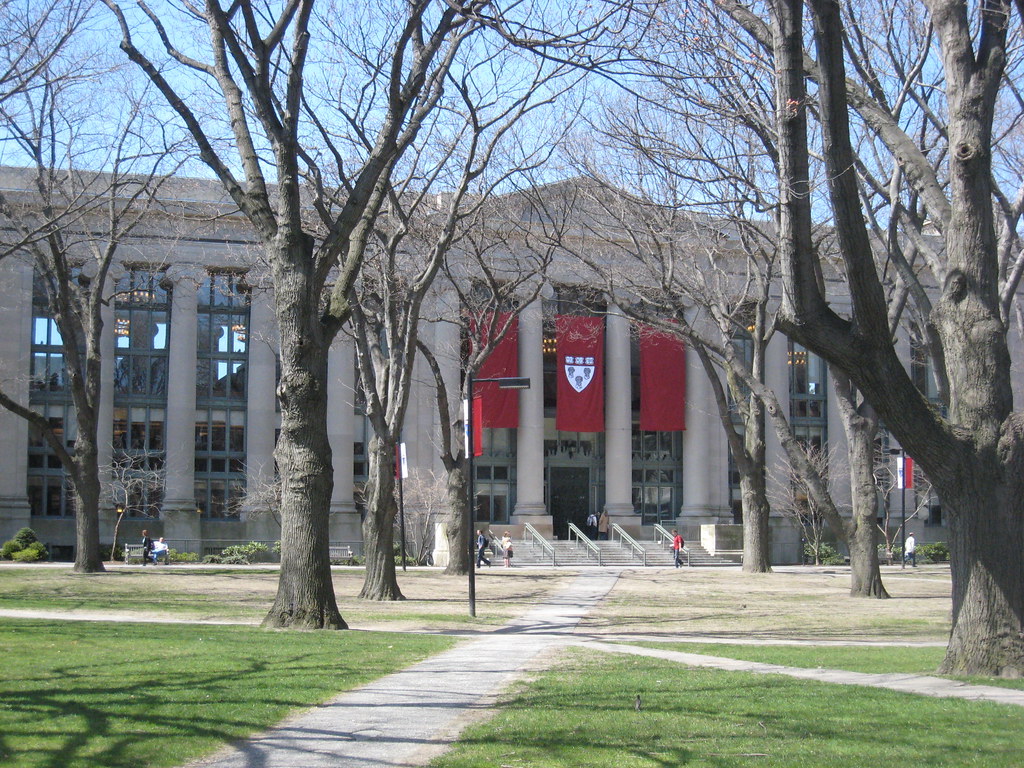The chief executive of CG Financial Group in Johnston, Iowa, notes that academic credentials no longer carry the same weight for him as they once did. In his prior roles as vice president at MetLife and ING Groep, he worked alongside graduates from prestigious colleges. However, he observed that these graduates often tackle clients’ challenges as if they were textbook exercises rather than real-world issues.
“If I were hiring someone to be my right-hand today, there’s no way I’d choose an Ivy League graduate,” says Gipple, a University of Northern Iowa alumnus who oversees a network of around 500 advisers.
Once a fast track to the top of the resume, a prestigious degree may now raise doubts about its value and may even be a liability to job applicants, and so in some cases, it’s inconvenient.
In May, a group of 13 federal judges signed a letter stating they will not hire law clerks who enrolled at Columbia Law School this fall, citing concerns over the school’s response to campus protests. A university spokeswoman pointed to a statement issued when the letter surfaced, noting that Columbia graduates “are consistently sought out by leading employers in the private and public sectors, including the judiciary.”
Graduates of Ivy League schools and other elite institutions such as Stanford, Duke and the University of Chicago frequently engage in derogatory remarks about whether their alma maters are “woke” or elitist. This skepticism has grown in the past year following an impactful Supreme Court case that examined the admissions practices of elite colleges and dismantled affirmative action. Evidence presented in the case showed, among other things, that 43 percent of white applicants accepted at Harvard were recruited athletes or children of alumni, donors, faculty or staff.
Bryan Mark Rigg, president of Rigg Wealth Management in Dallas, recalls when his Ivy League degree commanded universal respect from both clients and colleagues.
Now, when people learn where he went to college, Bryan Mark Rigg says he receives mixed reactions. He believes that diversity, equity, and inclusion initiatives on campuses have gone too far. Although Rigg, who is Jewish, never experienced antisemitism as a student, he now sees anti-Jewish bias as a significant issue at leading universities, pointing to campus protests against Israel’s actions in the Gaza conflict as evidence.
America’s shifting view of elite universities was clear even on the campaign trail. President-elect Donald Trump, an Ivy League graduate from the University of Pennsylvania, selected Ohio Senator J.D. Vance as his running mate—despite Vance’s criticism of selective colleges, even though he himself is a Yale Law School graduate.
As another perspective, Karen Berman, who grew up in a blue-collar family and lost her father in high school, holds a bachelor’s degree from Harvard and a master’s degree from Wharton. To her, these Ivy League credentials represent resilience. However, as a nonprofit consultant, she has become deeply concerned about whether students at her universities are really developing critical thinking skills, especially on campuses that are often ranked low in free speech. In fact, a recent internal Harvard report found that about half of professors and students are reluctant to share their opinions on controversial topics. Berman believes that this decline in open dialogue and civil debate has diminished the value of her own academic credentials.












